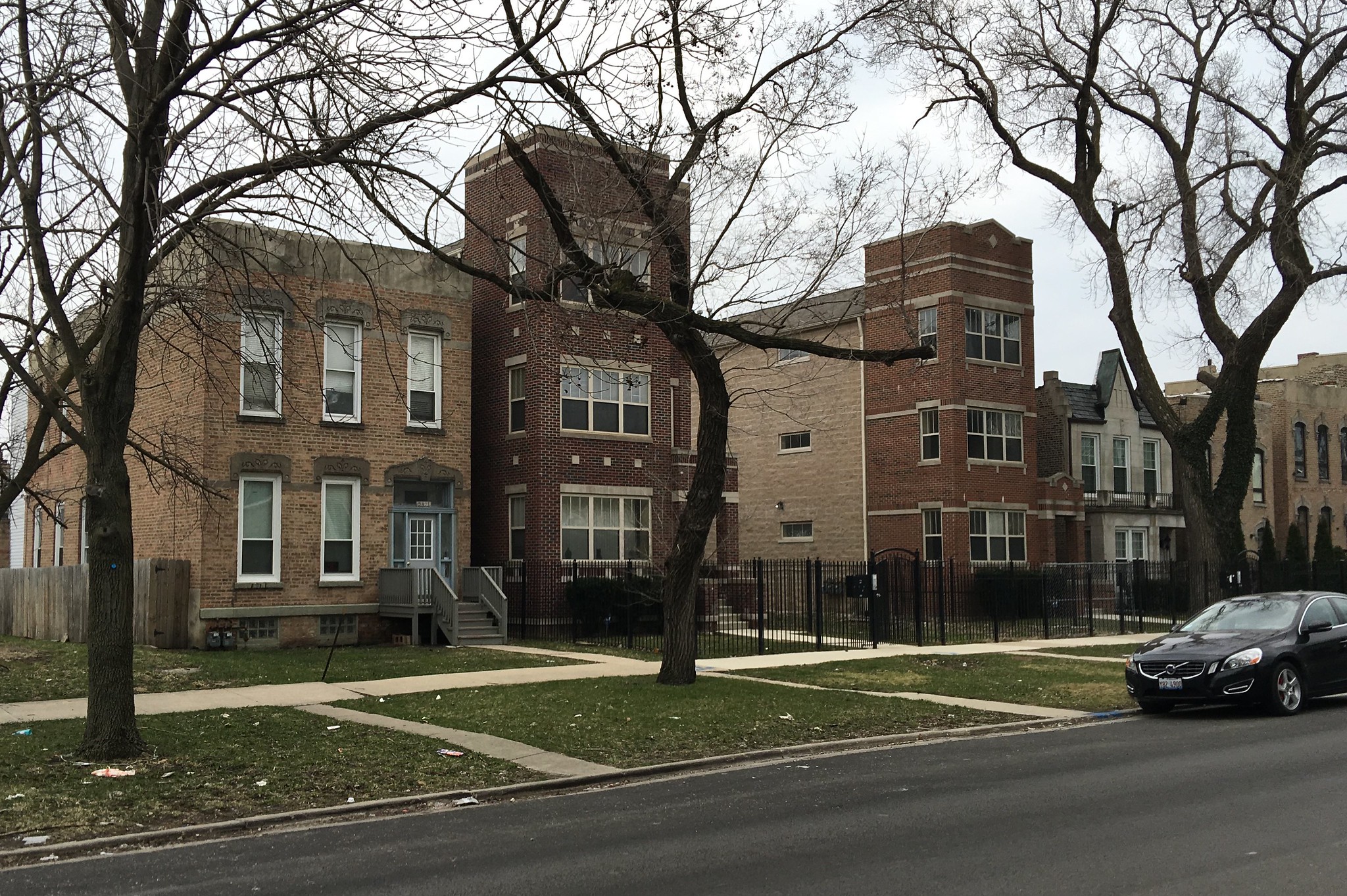The Illinois General Assembly faces a series of daunting problems as it convenes this week. There’s the challenge of passing a state budget while revenue sources are dropping precipitously, and there are severe stresses on the state’s healthcare and unemployment systems.
Then there’s the housing crisis. With more than a million Illinois residents suddenly out of work — particularly lower-wage workers in communities of color — increasing numbers of families are unable to make rent and mortgage payments.
It’s an immediate problem for families that need a home in order to shelter in place — and to live in after current restrictions are lifted — but it also has potentially devastating longer-term impacts, said Emily Coffey, housing justice staff attorney at the Shriver Center on Poverty Law. “We know what happened in 2008,” when a housing crash brought down the economy and destabilized many working-class communities, she said.
The Shriver Center is joining other groups in backing an emergency housing bill proposed last week by State Rep. Delia Ramirez (4th District).
A key feature of the bill would cancel rent payments for people experiencing coronavirus-related hardships while establishing a fund for landlords to recoup lost rental income. “We’re at a point of crisis where we all need to come together to make sure tenants and homeowners are able to stay in their homes,” she said.
Coffey said national realtor and housing management lobbies are backing federal emergency rental assistance. Supporters here are hoping to get those powerful statewide lobbies — whose members are also threatened by the economic shutdown — to sign on to a broad relief program.
Ramirez said she has conferred with a landlord’s lobbying group and “clarified that rent cancellation can only work if there is a fund to make landlords whole, and we are working to maximize funding to do that.” She added, “I think they appreciated hearing that.”
The relief fund would initially be created using a variety of funding streams in the $2 trillion CARES Act, which was passed in March. It could be expanded if the U.S. Senate passes a version of the HEROES Act, which was approved by the House of Representatives last week with $100 billion in emergency rental assistance.
| COMMENTARY:
|
Ramirez’s bill also includes a 180-day moratorium on eviction and foreclosure proceedings and would require landlords to offer “a reasonable repayment plan” and state-regulated mortgage lenders to offer flexible forebearance programs. It would add protections for tenants against late fees, eviction without cause, illegal lockouts and retaliation.
Ramirez said thousands of eviction cases were filed before Gov. J.B. Pritzker ordered a temporary moratorium weeks ago. “If we don’t extend the moratorium, we’re going to see thousands of cases in eviction court in June and people ending up on the street,” she said.
She said the bill now has close to 25 co-sponsors and backing from over 50 organizations, and she expects it to be heard in the House executive committee this week. “The speaker [Michael Madigan] knows that this is a priority,” she said.
She’s pressing for action on the measure this week, either as a stand-alone bill or as part of an economic recovery package. “You can’t talk about economic recovery without talking about housing,” she said. Waiting for federal action could delay relief for months, she added.
Disclosure: The Chicago Reporter is an editorially independent department of the Community Renewal Society, which has signed on to endorse HB 5574. Rep. Delia Ramirez is a former CRS employee.
Correction: An earlier version of this post misstated that Rep. Delia Ramirez conferred with the realtor’s association about rent cancellation.



